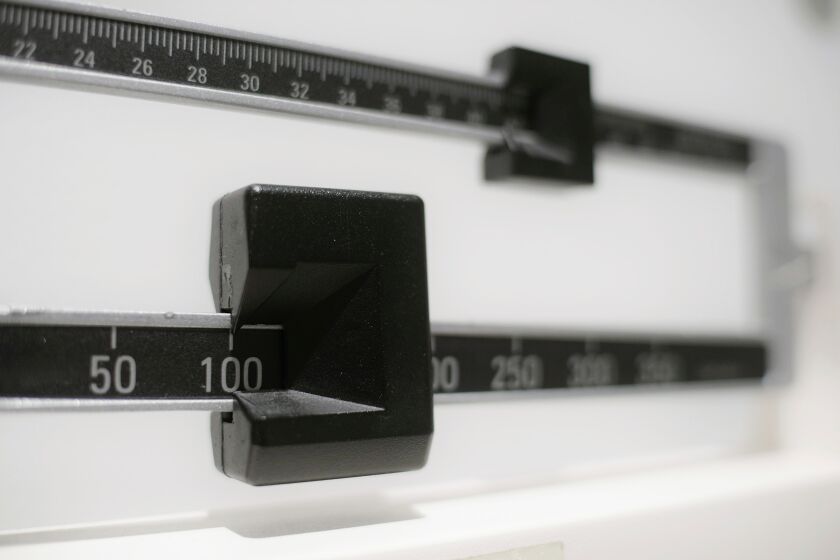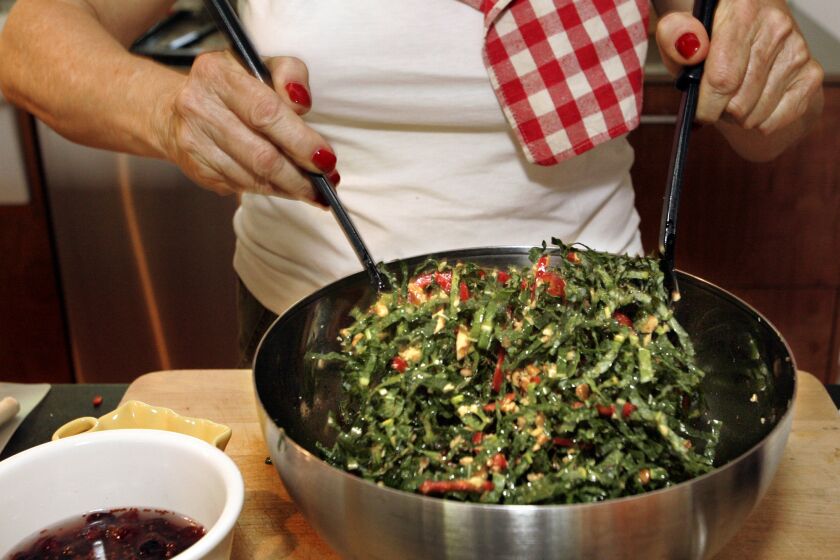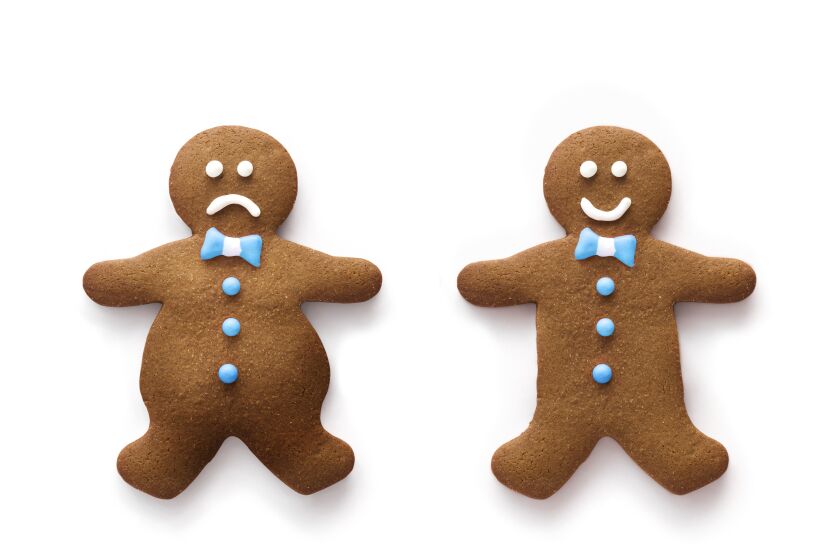Remember the werewolf diet? It made the rounds about 10 years ago and told adherants to fast according to lunar cycles, claiming to help you lose two to six pounds in the span of a day. Or how about the five-bite diet? This one says to skip breakfast and take only five bites of lunch and dinner.
You may be used to seeing these kinds of claims, usually pitched by beautiful, shredded individuals on the internet. You may even be tempted to believe them.
Don’t, says Colleen Christensen, a registered dietitian based in Michigan who goes by @no.food.rules on Instagram. “I don’t recommend following any sort of specific diet plans or having really any food rules or saying you should do something or you shouldn’t do something,” she said. “I embrace living in the gray.”
She’s one of a group of nutrition experts on social media who are fighting diets they consider harmful — by encouraging healthy lifestyles, rather than playing off people’s insecurities. Christensen and Erin Holt, who has a bachelor’s degree in nutrition and dietetics and hosts the Funk’tional Nutrition Podcast from New Hampshire, can help you sort facts from fads.
What are an influencer’s credentials?
This is a key question to ask yourself about dieting claims you see online.
“Who are you taking your information from? Because aesthetics are not a credential. How your body looks is not a credential,” Holt said.
Check if the person providing you information has any kind of professional certification. An ideal source would be a registered dietician. If their job title isn’t clear, see if they have a degree in nutrition, a precision nutrition certification, an online coaching certificate or any other official documentation.
Just because you want to look like someone doesn’t mean that they are qualified to help you achieve what they have achieved. It’s flawed logic, Christensen said: “I brush my teeth every day, but I would never call myself a dentist.”
Holt encourages you to look into the experience and education this person has. “Does this person have experience working with hundreds or even thousands of human bodies? Are their claims substantiated by the results they’ve gotten from a lot of different bodies and not just their own?”
Also ask: Is a given diet plan effective for a wide range of people?
Holt said people will react differently to different approaches.
“For example, intermittent fasting can be detrimental, catastrophic for somebody’s health, and also it can be extremely therapeutic for somebody else’s health,” she said.
“It’s like who has the biggest voice in the room? Who has the boldest claims? And who has the biggest audience? And that’s who were taking our advice from? That’s really like clickbait,” Holt added. “That’s not actual, sound nutrition advice.”
Does this diet make sense?
Beware the quick fix.
“There will always be someone promoting the easy answer and the quick fix. That is a red flag,” Holt said. “There should be some level of suspicion around this. Health, food, nutrition, even weight loss is so contextual. ... If it seems too easy, too fast, it probably is.”
Another thing to pay attention to is the timeline of weight loss.
Christensen noted that some studies she has seen may not give the full picture. If a person loses weight and keeps it off for a year or two years, that may not indicate successful weight loss, she said. “The evidence that we have for weight regain is typically a longer period” — two to five years, she said.
Is this diet advice practical?
When you see someone telling you what to eat, do a gut check. Ask yourself: Is this feasible for me, and do I want to do this?
You may face barriers of access to fresh produce and other healthy foods, for example.
Sometimes people go on diets and the restrictions have an effect on their emotional state. People forget that food can bring just as much joy as it can anxiety.
Holt added: “The vast majority of women that are coming to me are actually undereating, not overeating. So that’s a huge misconception. What happens when we dramatically undereat our calories or undereat according to our maintenance needs, we can end up with thyroid dysfunction, hormone imbalance, immune system dysregulation.”
What’s the right mind-set for diet and exercise?
Stop looking at your physical feat








No comments:
Post a Comment